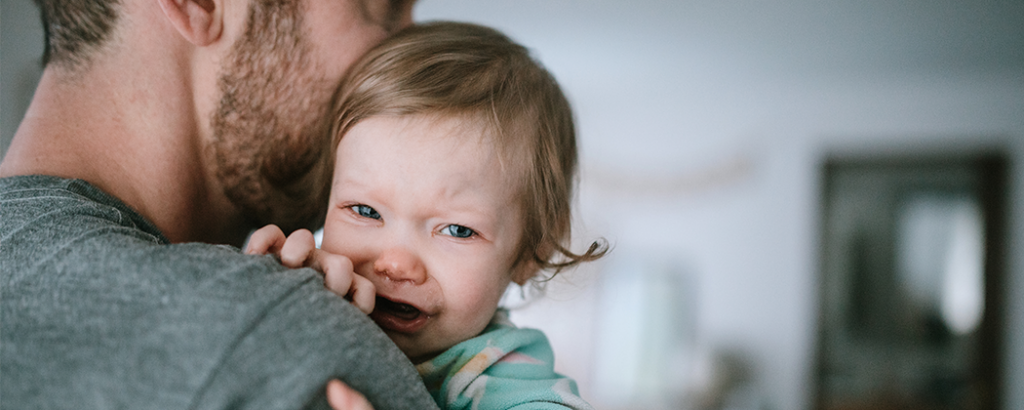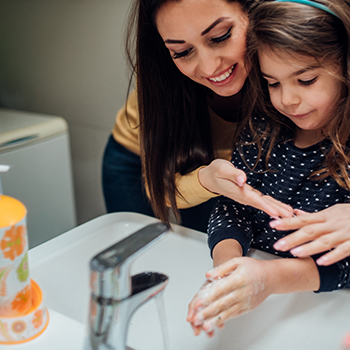
Discussing RSV with WCCO
Dr. Gigi Chawla discusses the rise of RSV in kids this 2022 fall season on WCCO.
More on RSV
Respiratory syncytial virus (RSV) has been spreading quickly and affecting infants and young children in Minnesota as well as around the nation. The trouble is, RSV can oftentimes be confused for the common cold or the flu when in fact, this illness is more serious and can sometimes be deadly.
Dr. Aimee Sznewajs, medical director of the pediatric hospital medicine program at Children’s Minnesota, explains everything you need to know about RSV: What it is, the signs and symptoms, how it spreads and how you can prevent it.
What is RSV?
Respiratory syncytial virus causes an infection of the lungs and breathing passages. Older children and adults can usually fight off the infection as easily as a common cold, but in infants and young children, it can cause respiratory illness.
RSV infections often happen in epidemics, meaning it infects a lot of people in the community, that last from late fall through early spring. Respiratory illness caused by RSV — such as bronchiolitis or pneumonia — usually lasts about a week, but some cases may last several weeks.
Signs of RSV in infants and young children
RSV infects most children during the first three years of their life. Here are the signs of RSV:
- Coughing.
- Fast breathing.
- Wheezing.
- Difficulty breathing.
- Irritability.
- Lethargy.
- Stuffy nose with a lot of congestion.
How does RSV spread?
RSV is highly contagious and is easily spread from person to person, especially in the first few days of infection. Generally, a person will get the illness two to eight days after being exposed to it. People catch RSV by direct contact with tiny droplets released into the air when a person with RSV coughs or sneezes. The virus also can live on surfaces, such as countertops or doorknobs, and on hands and clothing, so it can easily spread when a person touches something contaminated.
RSV can spread rapidly through schools and childcare centers. Babies often get it when older kids carry the virus home from school and pass it to them. Almost all kids are infected with RSV at least once by the time they’re 2 years old.
Kissing babies: This is simply one way RSV can spread. When a child or adult has cold symptoms, it’s highly recommended they do not kiss your child on the face. For the safety of your baby, we do not recommend anyone with cold symptoms getting near your child.
How can I prevent RSV?
- Hand washing is one of the best ways to stop the spread of RSV.
- Wash surfaces of your home people often touch, like doorknobs.
- Avoid contact with people who are sick with the common cold or the flu.
When should I call the doctor?
Call the doctor if your child has any of these symptoms:
- A high fever and doesn’t look well.
- Thick nasal discharge.
- A cough that gets worse or produces yellow, green, or gray mucus.
- Signs of dehydration, such as fewer wet diapers than usual or not making tears.
- Fast breathing or trouble breathing.

Besides watching for the previously mentioned symptoms, schedule an appointment at one of our nine primary care clinics if your baby is unusually irritable or inactive, or refuses to breastfeed or bottle-feed. If you feel your child is having trouble breathing or is breathing very rapidly, is lethargic, or if his or her lips or fingernails appear blue bring your child to one of our two emergency departments.